
Elderly person with psychosis
There are a large number of elderly patients who suffer fromdifferent sorts of psychotic problems which call for various environmental,behavioral and social interventions. Some patients require certain types ofpharmacologic interventions so that their behavioral disturbances triggered bythe psychotic symptoms can be managed properly.
Medication for managing psychosis
There are a large number of different types of medicationswhich may be used for the management of psychosis. Among the most commonly usedare certain types of anxiolytic medicaments such as oxazepam or lorazepam. Theyare commonly used in patients who suffer from agitation. Benzodiazepine is notused that often because it may be associated with various side effects such asfurther cognitive impairment. On the other hand, an agonist called buspirone isoften used for the management of agitation in elderly patients with psychosis.Its side effects are minor and they occur in a lot less number of cases. They usuallyinclude dizziness or headaches. There are also certain types of antidepressantswhich may be of certain help in some cases of psychosis in elderly patients.One of the most commonly used antidepressants is known by the name of trazodoneand it is characterized as a serotonergic type of antidepressant. There are certain side effects which may occurand those include sleep disturbances, different types of gastrointestinalproblems, agitation, restlessness, irritability, agitation and emotionalbluntness. The aforementioned types of drugs have been helpful to a certainextent in some cases of psychosis in elderly patients, but the primarytreatment for such medical cases are different sorts of antipsychotic medications.They are further divided into atypical and conventional groups. The mostcommonly used types of antipsychotic medications include haloperidol andthioridazine. As is the case with most other sorts of medicaments, herbalremedies, preparations and substances commonly used for the treatment ofcertain medical conditions and ailments, these antipsychotic medications may beassociated with several side effects such as EPS, anticholinergic symptoms,sedation, orhtostasis and an increased risk of tardive dyskinesia. The mostcommonly used types of atypical antipsychotic drugs include quetiapien andolanzapine. They are somewhat more beneficial as they are associated with alower risk of development of tardive dyskinesia. Some cases may involve the useof clozapine as another member of the group of atypical antipsychoticmedications.
Psychotic disorders
For those who do not know, psychotic disorders are a groupof serious medical conditions which affect one’s ability to behave appropriately,understand reality, communicate effectively, respond emotionally, make goodjudgments and think clearly. Fortunately enough, most cases of psychoticdisorders can be treated successfully, excluding the most severe cases. Thereare numerous different types of psychotic disorders and they includeparaphrenia, psychotic disorders due to medical conditions, substance inducedpsychotic disorders, shared psychotic disorder, delusional disorder, briefpsychotic disorder, schizophreniform disorder, schizoaffective disorder and themost common one which is schizophrenia. The symptoms of these medicalconditions usually vary from person to person and they also tend to change overtime. In most cases, the most common symptoms include delusions andhallucinations. Other possible symptoms which may be present in people who sufferfrom psychotic disorders include mania, depression, mood swings, inability toexpress emotion, detached manner, cold manner, problems with relationships,problems at work, problems at school, loss of interest in activities, loss ofinterest in personal hygiene, unusual movements, slowed movements, dangerousbehavior, strange behavior, confused thinking, incoherent speech anddisorganized speech. The exact cause of such medical problems and conditions islargely unknown as there are numerous different types of factors which maycontribute to their development. Some sources claim that psychotic disorderscan be inherited while certain others claim that various environmental factorssuch as major life changes, drug abuse, stress and others should be heldresponsible for the onset of psychotic disorders. It is a widely known factthat those who suffer from psychotic disorders often have an imbalance ofvarious chemicals in the brain. Psychotic disorders usually affect those who areyounger than 40 and they affect women and men in equal amounts. According tocertain statistical data, every 100th person in the world isaffected by some sort of psychotic disorder.
Diagnosis and Treatment
In order to diagnose a psychotic disorder properly thedoctor needs to be well aware of the patient’s entire medical history. There areno specific tests to determine the psychotic disorder. As far as treatmentoptions go, the aforementioned different types of medications are usually thefirst choice. Other than that, people who suffer from psychotic disorder mayalso be treated by psychotherapy. There are numerous different types whichinclude family therapy, group therapy, individual therapy and many others. Eachpatient usually responds to different treatment methods differently. Some patientsrecover quicker than the others. Fortunately enough, most cases are eventuallycured.



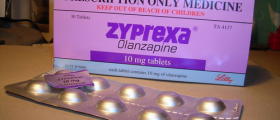

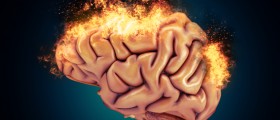

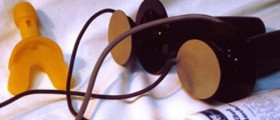
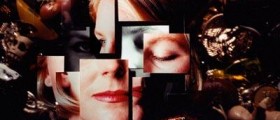
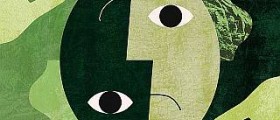


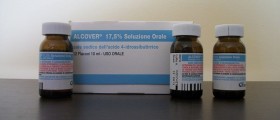




Your thoughts on this
Loading...